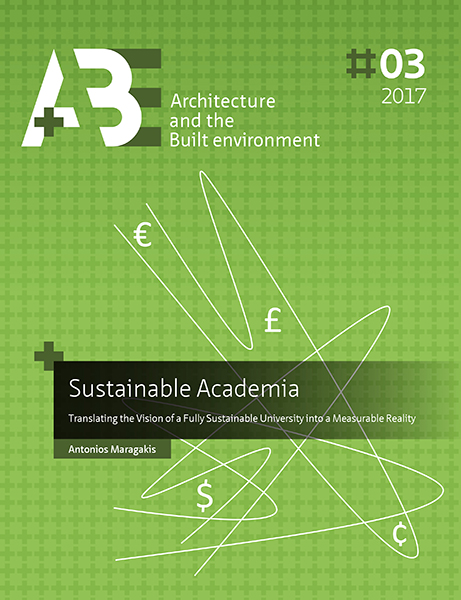Stakeholders Perceptions of a Universal Sustainability Assessment in Higher Education
A Review of Empirical Evidence
DOI:
https://doi.org/10.7480/abe.2017.3.3662Abstract
The progress of sustainability within higher education has steadily increased in focus over the last decade and has increasingly become a topic of academic research. As institutions investigate, implement and market sustainability efforts, there is a myriadof sustainability assessment methodologies currently available. This assortment of standards being used by institutions do not help students and faculty assess the level of sustainability uniformly between institutions.
A universal framework was proposed for facilitate stakeholder’s review of comparing sustainability assessments in higher education. This research reviews the creation of the framework and results from testing in an online environment. The lack of data collected during the testing phase provides some anecdotal evidence regarding what stakeholder consider important in terms of sustainability within higher education and may also indicate that there is no need for a universal sustainability assessment in higher education to be used directly by stakeholder.

